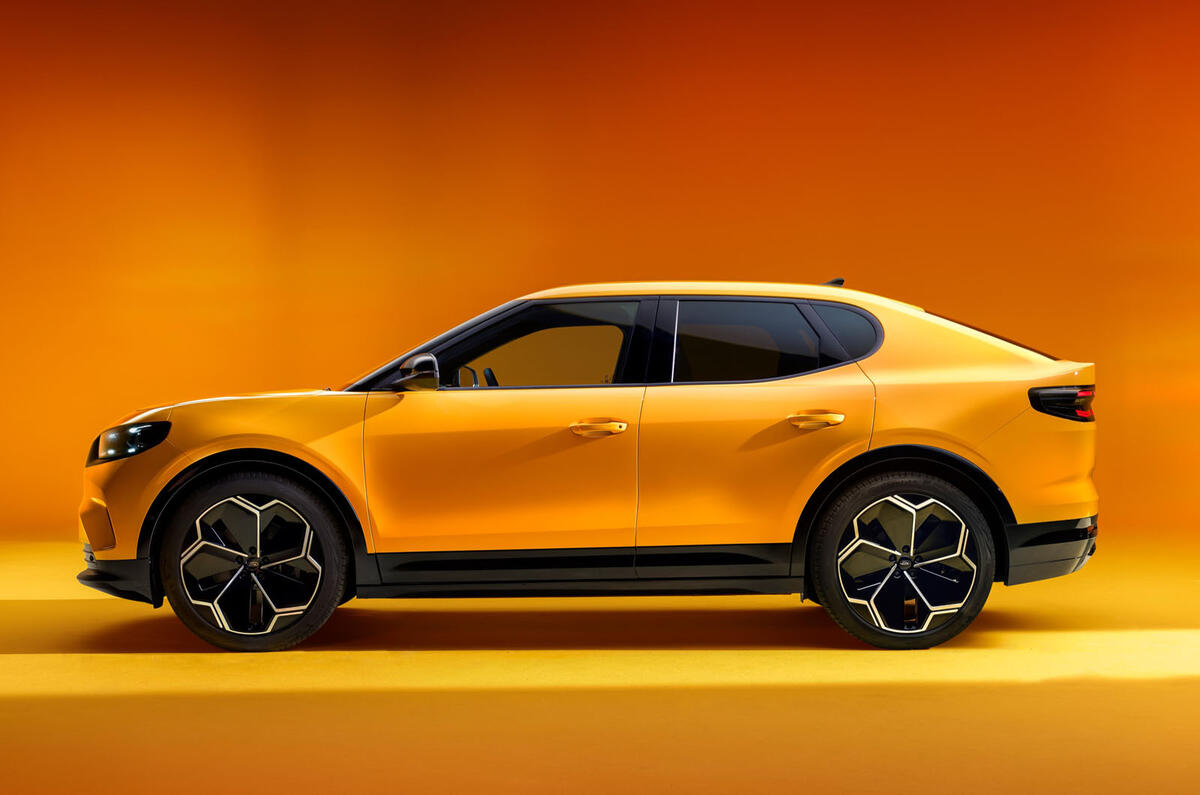The UK government must introduce incentives to stimulate private demand for electric cars, as “we are not seeing customer demand for EVs” without them, according to Ford of Britain MD Lisa Brankin.
She said the government’s zero-emission vehicle (ZEV) mandate – which stipulates that car makers sell 22% of their cars with electric powertrains in 2024, rising to 80% in 2030 – can only be a success with incentives.




Join the debate
Add your comment
I'd have bought an EV by now, and would buy one tomorrow if charging prices were the same on the road as at home.For me and others I talk to, it's that simple.